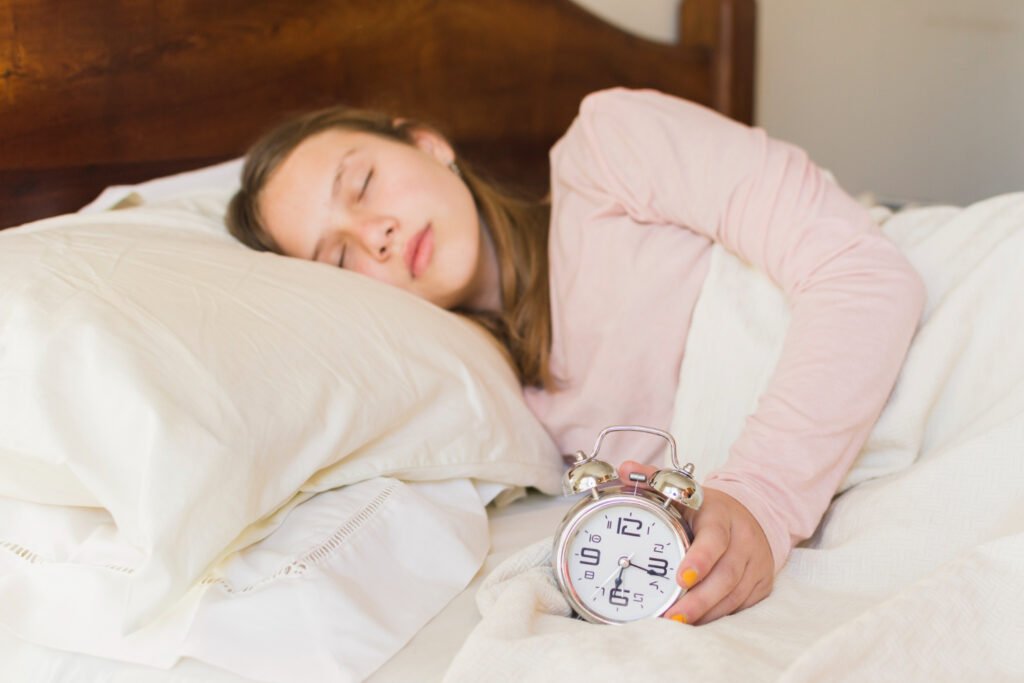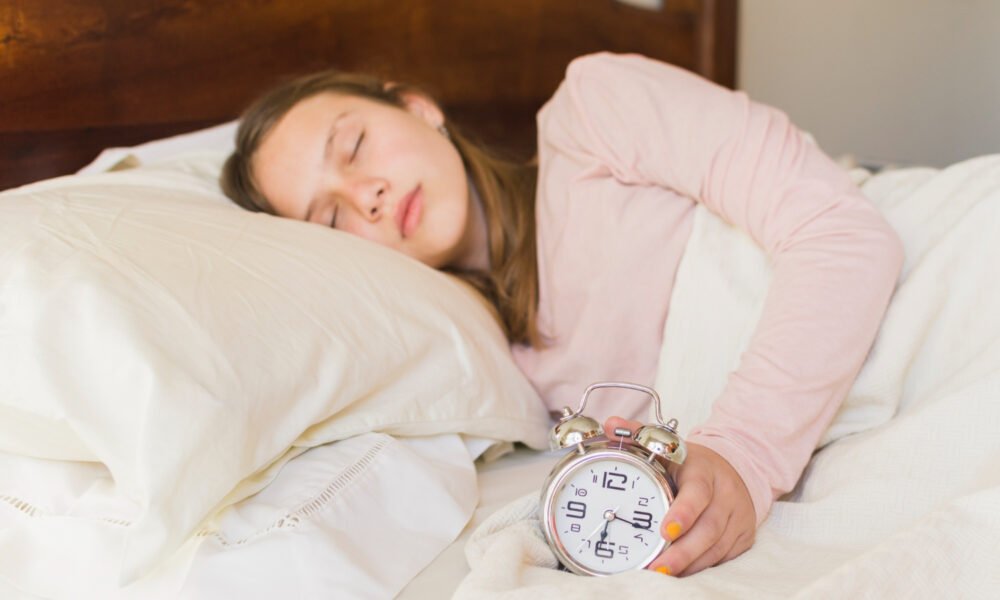
Your emotional and physical health is significantly impacted by how well your sleeping schedule. Your daytime energy, productivity, mental stability, and even your weight may suffer if you don’t meet your obligations. However, a lot of us frequently struggle to get the rest we require at night, tossing and turning.
Even while getting a decent night’s sleep at 3 a.m. may feel like an impossibility, you have a lot more power over the quality of your sleep than you may be aware of. In the same way that how well you sleep at night typically determines how you feel throughout the day; your daily routine can frequently help you overcome sleep issues. And remember to use a fitted sheets king size if you want to enjoy a splendid sleeping schedule.
1. Follow A Regular Sleeping Schedule
Sleep should not last longer than eight hours. For a healthy adult, seven hours or more of sleep every night is advised. For the most part, eight hours in bed is all that is necessary for sound sleep. Each day, including weekends, set a consistent bedtime and wake-up time. Your body’s natural cycle of sleep and wakefulness is strengthened by consistency.
Leaving your bedroom and engaging in anything soothing should be done if you can’t fall asleep after roughly 20 minutes. Read a book or play some relaxing music. When you’re exhausted, return to bed. As many times as necessary, but keep up your regular sleeping schedule and wake-up time.
2. Pay Attention to Your Diet and Hydration
Avoid stuffing yourself or going to bed hungry. Avoid eating a lot right before bed, especially if it’s within a couple of hours. You might not sleep due to discomfort. Also should be used with caution are nicotine, caffeine, and alcohol. Nicotine and caffeine have long half-lives that can keep them from being sleep-inducing stimulants. Alcohol can also interfere with sleep later in the night, even if it may initially make you feel drowsy.
3. Establish a Tranquil Environment
Maintain a cool, calm environment in your room. Falling asleep could be more difficult if you are exposed to light in the evening. Avoid using light-emitting devices for an extended time right before bed. To establish an environment that meets your demands, take into account employing earplugs, a fan, room-darkening shades, and other accessories. Better sleeping schedule may result from engaging in calming activities before bed, such as taking a bath or practising relaxation techniques.
4. Restricting Daytime Naps
Long naps during the day can keep you up at night. Avoid taking naps in the afternoon and keep naps to no longer than an hour. To make up for the lost sleeping schedule, though, if you work evenings, you might need to take a nap in the afternoon before going to the office.
5. Reduce Anxiety
Before going to bed, make an effort to allay any worries or concerns. Write down your thoughts, and then put them aside until tomorrow. Taking care of your stress could be beneficial. Start with the fundamentals, including organising yourself, establishing priorities, and assigning duties to others. As well as reducing anxiety, through meditation can.
6. At Night, Keep Your Room Black; In The Morning, Keep It Light
According to experts, light and darkness have an impact on our circadian cycles. Unfortunately, due to daylight savings, it is still light outside at 8 p.m., making it difficult to fall asleep. Therefore, use a nightlight to read at night and shut the curtains and blinds. She instructed him to turn on all the lights in the morning to “jumpstart his body.”
7. For Better Sleep, Exercise at the Appropriate Time of Day
Exercise raises your body temperature and stimulates the release of hormones like cortical. This won’t be an issue if you exercise in the morning or the afternoon, but if you exercise too close to bedtime, it could interfere with your sleeping schedule. Moderate to intense exercise should be done at least three hours before going to bed. If you’re still having difficulties falling asleep, consider upgrading your bedding to a luxury percale 180 thread count fitted sheet 14 colours. Additionally, try incorporating relaxing, low-impact activities like yoga or mild stretching in the evening to encourage better sleep.
Last Lines
A physician is most qualified to provide comprehensive guidance for those who have severe trouble falling asleep. Speak to your doctor if you see that your sleeping schedule issues are getting worse, lasting a long time, posing a risk to your health and safety (like being very sleepy during the day), or if they coexist with other unexplained medical issues.
Read Also: 6 Tips to Consider Before Buying Duvet Cover




